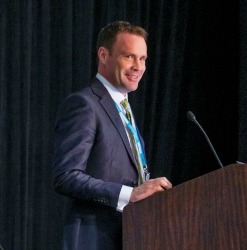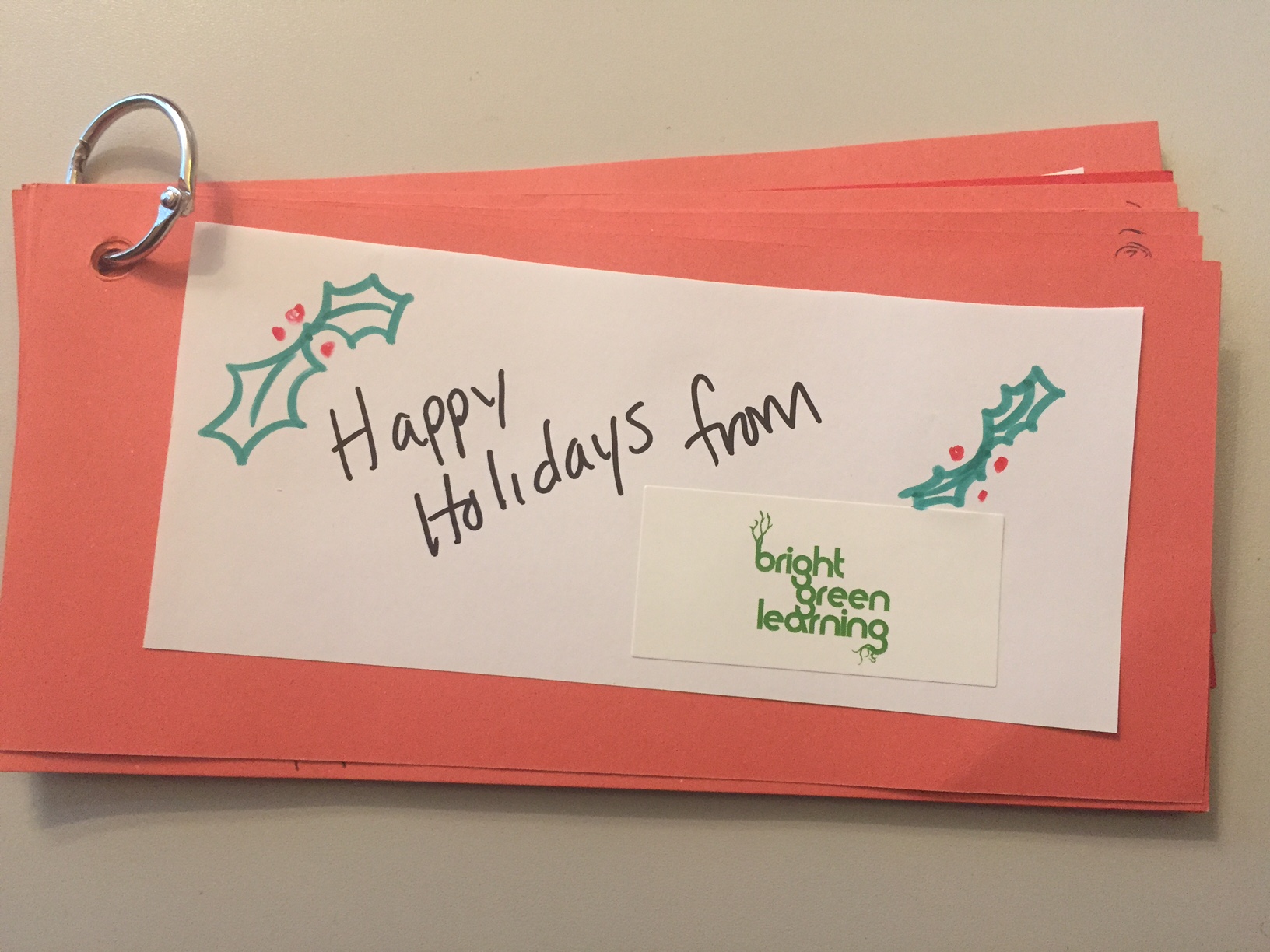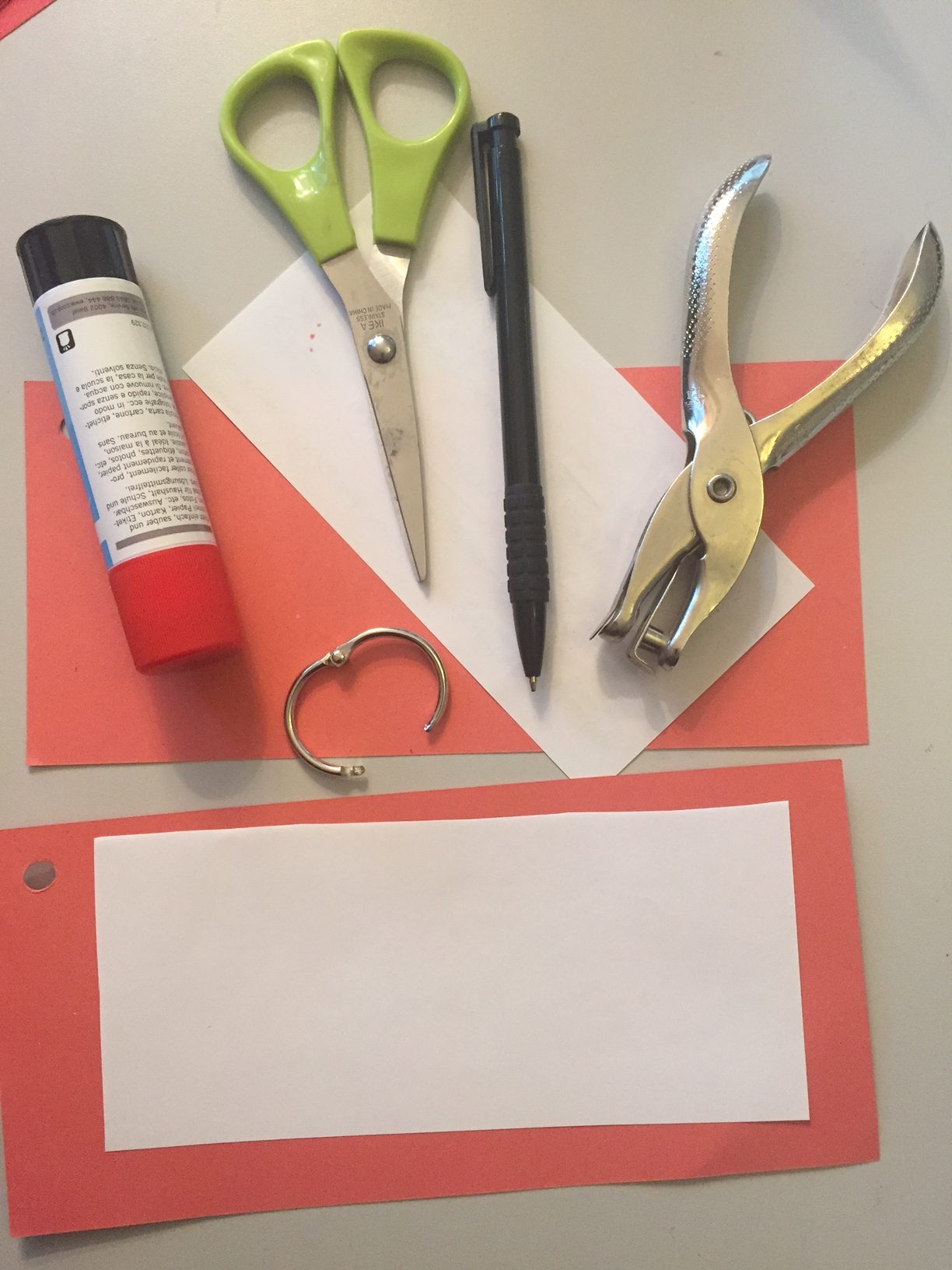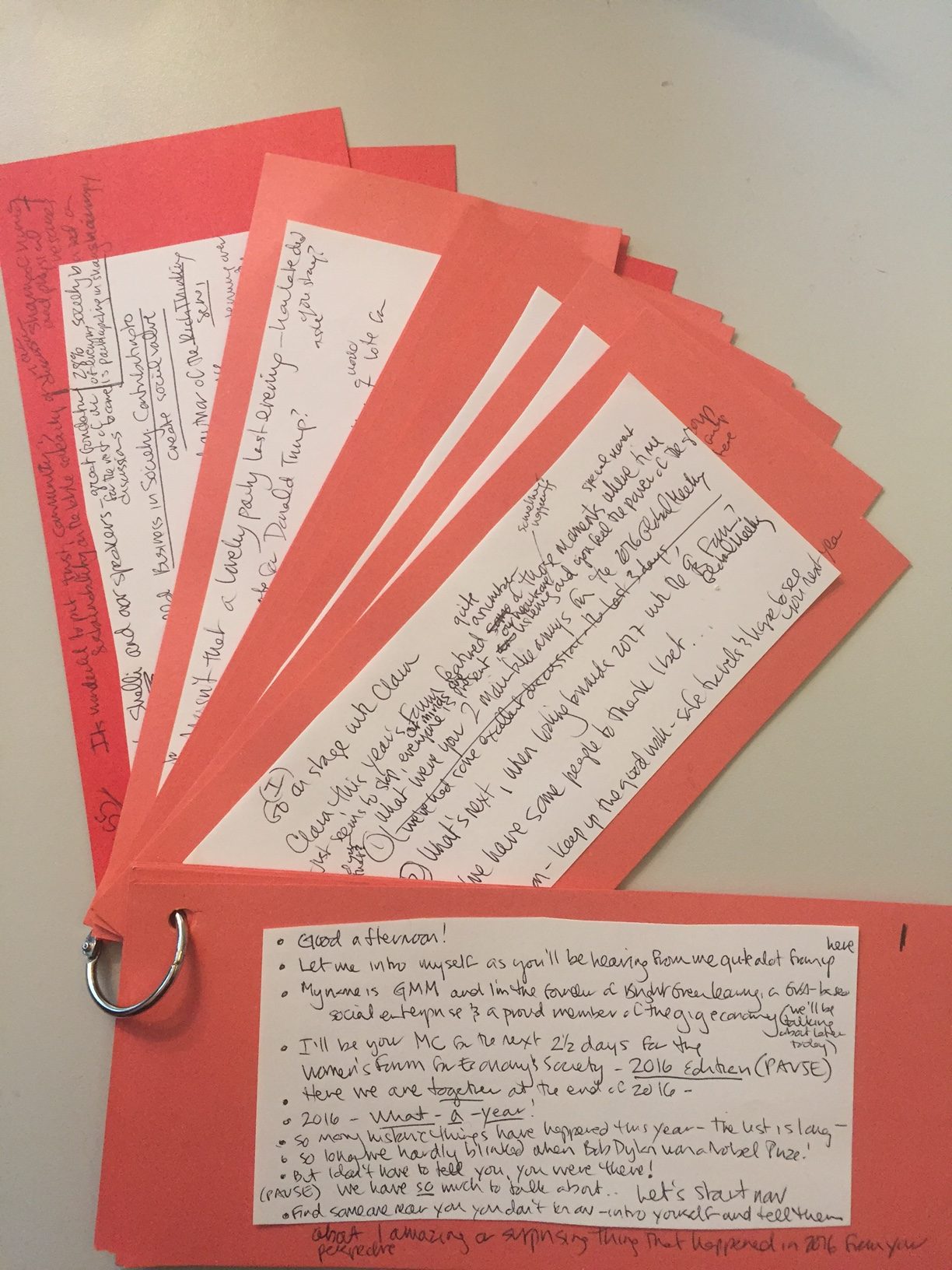 Brian McKenna, Deputy Director, Reproductive Health Supplies Coalition (RHSC)
Brian McKenna, Deputy Director, Reproductive Health Supplies Coalition (RHSC)
In October, the RHSC held its 17th General Membership Meeting in Seattle for 330 participants from 43 countries. Evaluations from last year’s meeting told us participants wanted a more interactive event with more technical sessions and opportunities for discussion. We needed to be innovative – to get people to think differently.
So this year…
Participants were given workbooks that included questions to guide discussions at each session. This proved effective in getting people talking about the topic at hand.
We introduced variety to the agenda: A ‘learning café’ in which participants were able to choose from 20 different moderated discussions, focused on reducing stock-outs. Participants were divided into groups around picnic blankets during lunch one day to discuss in a more informal setting how we could better work with and for youth.
A graphic artist recorded the discussions in words and images, and to conclude the meeting, we hired a ‘performance poet’ to capture the essence of the event in poetry. This injected some passion into what is essentially a technical meeting.
As one of the key attractions of these annual events is the opportunity to network, specially designated spaces were set up just for ad hoc conversations and meetings.
Overall we managed to combine a formal agenda with some creative tools that helped engage participants. It wasn’t perfect of course, but this year’s evaluations tell us that these innovations were well worth the effort.
For the meeting’s videos, presentations and photographs, please visit the web page.







